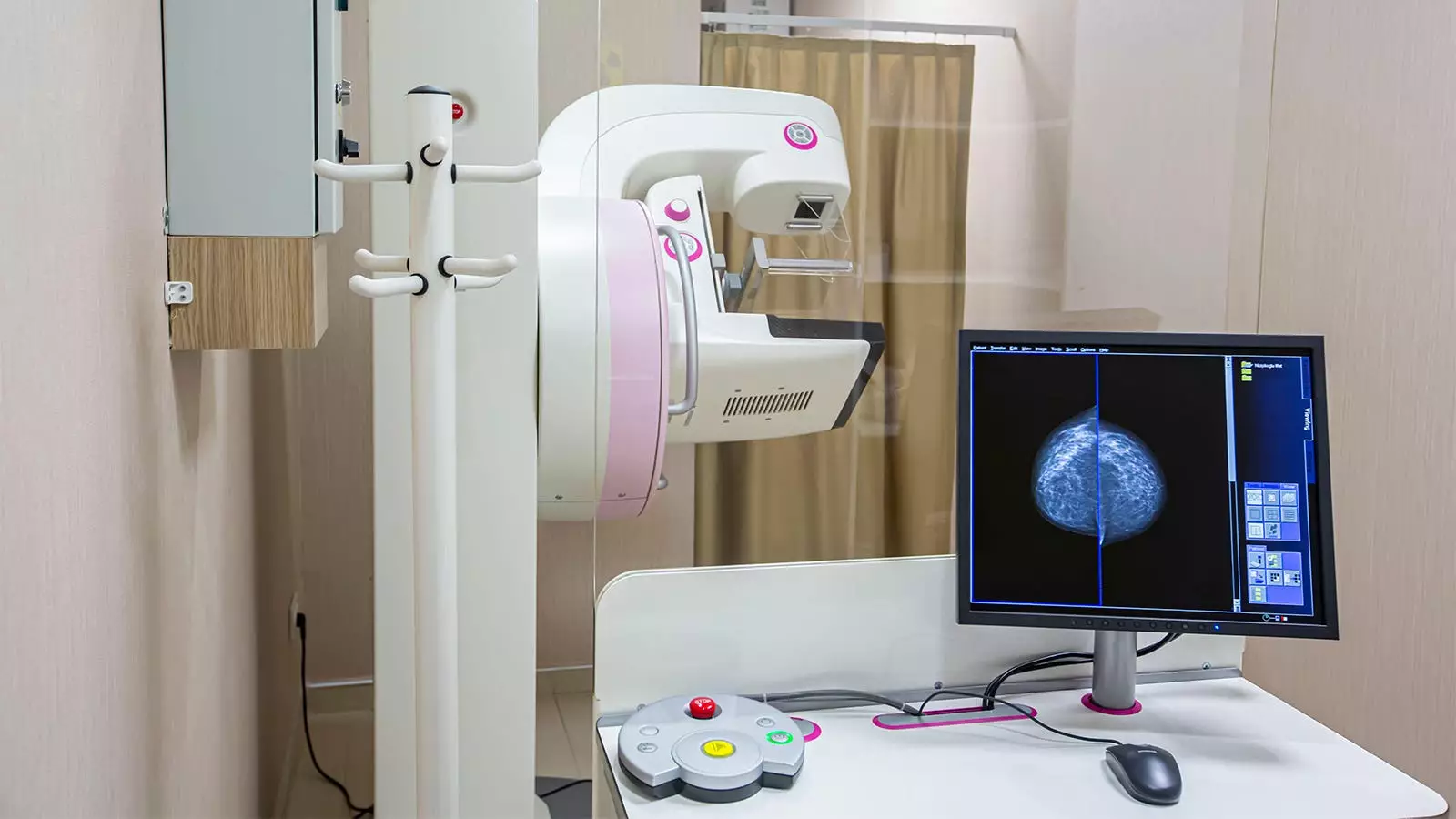A recent study has found that annual breast cancer screening between the ages of 40 to 79 resulted in the greatest reduction in mortality compared to other screening scenarios. The study utilized data from the Cancer Intervention and Surveillance Modeling Network (CISNET) to analyze the outcomes of breast cancer screening. The results showed that mortality was reduced by 41.7% with annual screening starting at age 40 and continuing up to age 79. This was a significant improvement compared to biennial screening at ages 50-74, which only reduced mortality by 25.4%; biennial screening at ages 40-74, which reduced mortality by 30%; and annual screening at ages 40-74, which reduced mortality by 37%.
Annual screening at ages 40-79 not only resulted in the greatest reduction in mortality but also averted the most breast cancer deaths (11.5 per 1,000 screened) and gained the most life-years (230 per 1,000 screened) compared to other screening scenarios. While there were higher rates of false-positive screening results and benign biopsies with annual screening at ages 40-79, the authors noted that these risks were manageable on a per-examination basis. They suggested that the benefits of annual screening outweighed the potential harms.
The authors of the study proposed that changing the current U.S. Preventive Services Task Force (USPSTF) draft recommendation of biennial screening from ages 40-74 to annual screening up to age 79 would significantly improve mortality reduction for all women. They emphasized that the goal of any cancer screening program is to prevent untimely cancer deaths, and annual breast cancer screening starting at 40 years of age and extending to 79 years of age is the most effective way to achieve that goal.
In an accompanying editorial, concerns were raised about the USPSTF’s decision to stick with a biennial screening interval despite evidence supporting the benefits of annual screening. The editorial highlighted the importance of reducing healthcare disparities, especially for more aggressive cancers in younger and Black individuals. The study found that annual screening up to 79 years of age showed the highest breast cancer mortality reduction, deaths averted, and life-years gained for Black women compared to other screening scenarios.
The study concluded that annual breast cancer screening between the ages of 40-79 is the most effective strategy for reducing mortality and preventing untimely cancer deaths. The findings suggest that extending screening beyond the age of 74 can have significant benefits, especially for Black women. While there are limitations to the study, such as the inability to assess screening outcomes beyond age 79, the overall results support the recommendation for yearly screening starting at age 40.


Leave a Reply